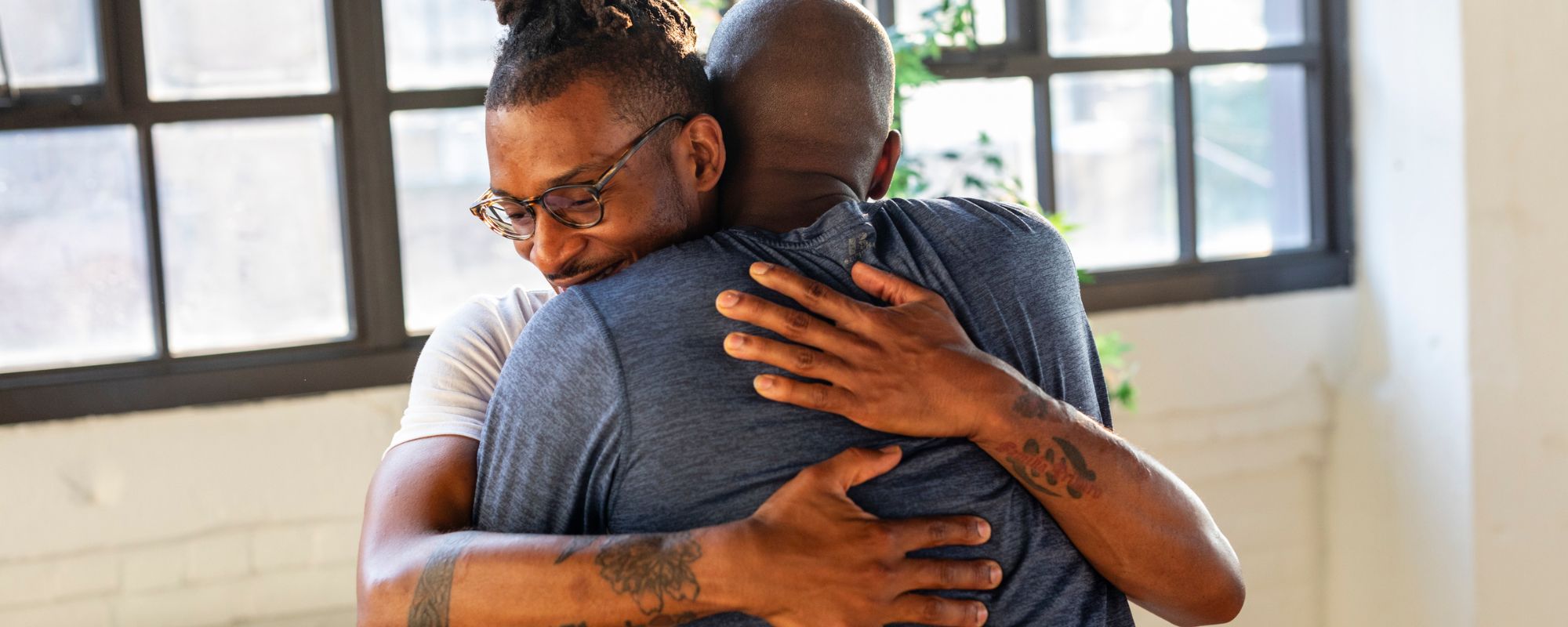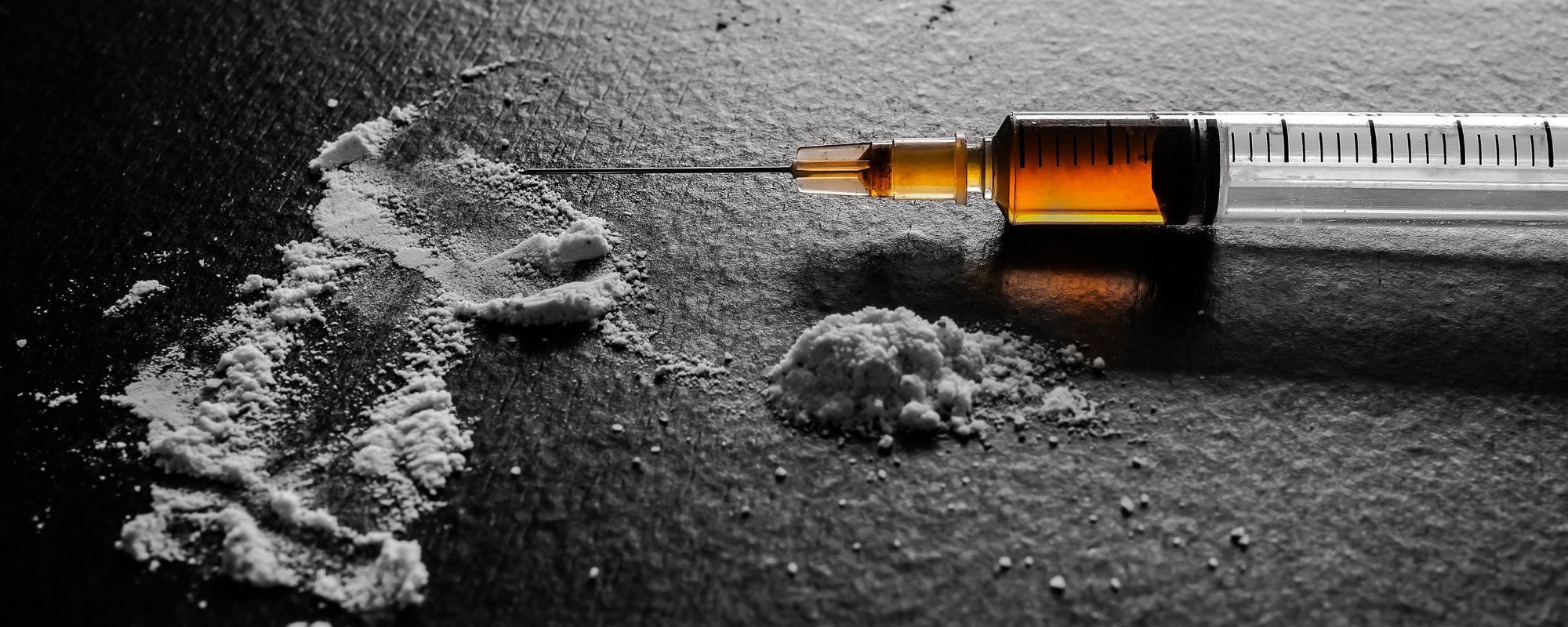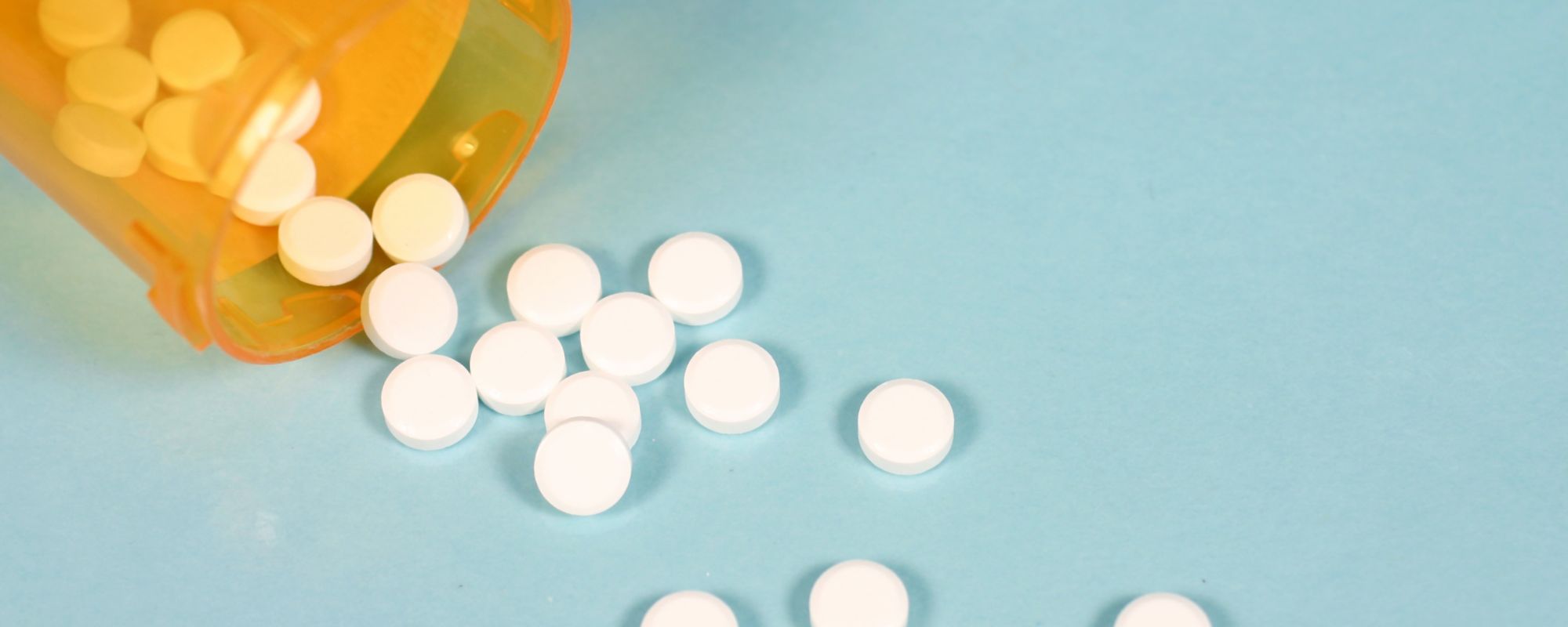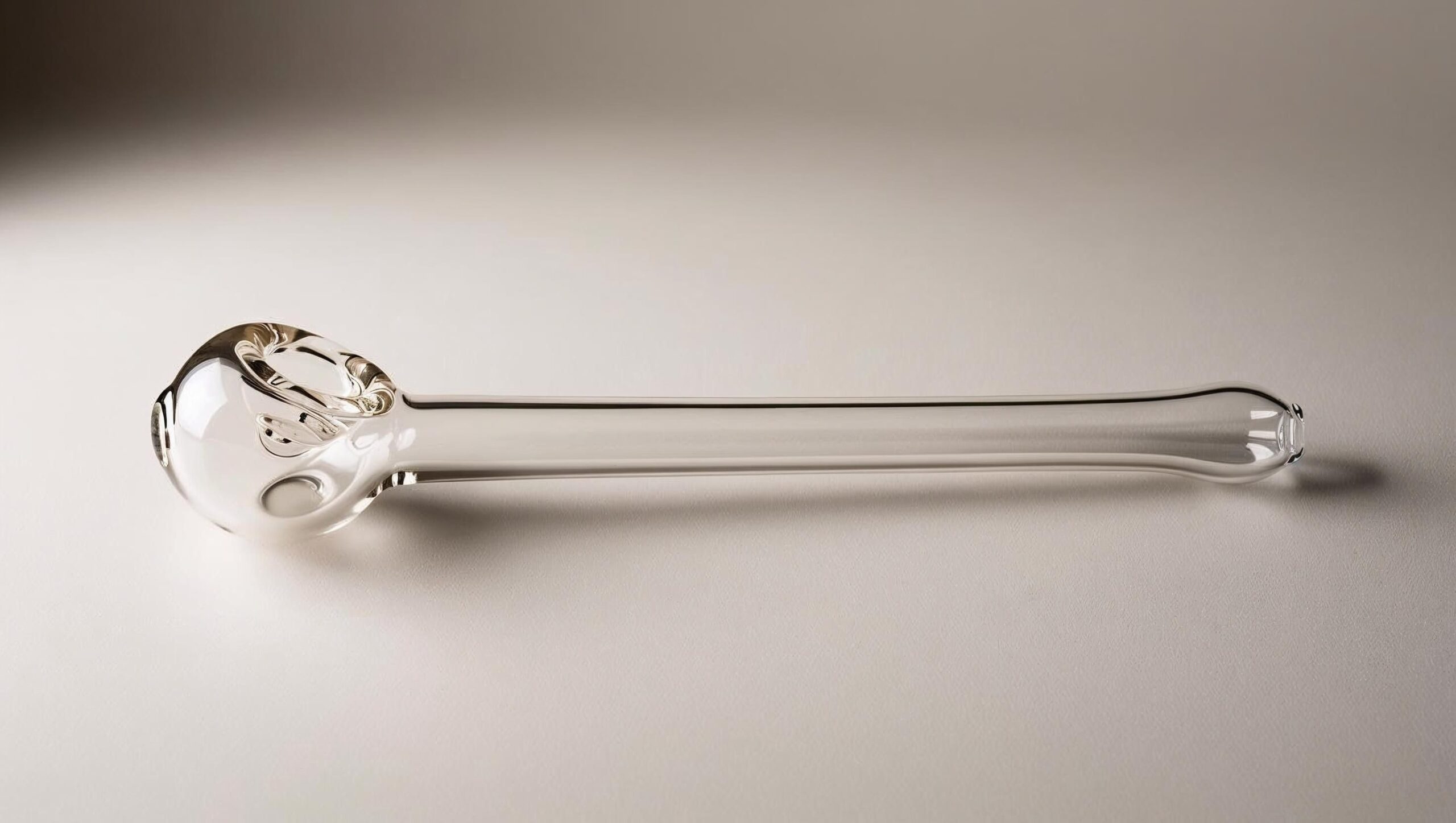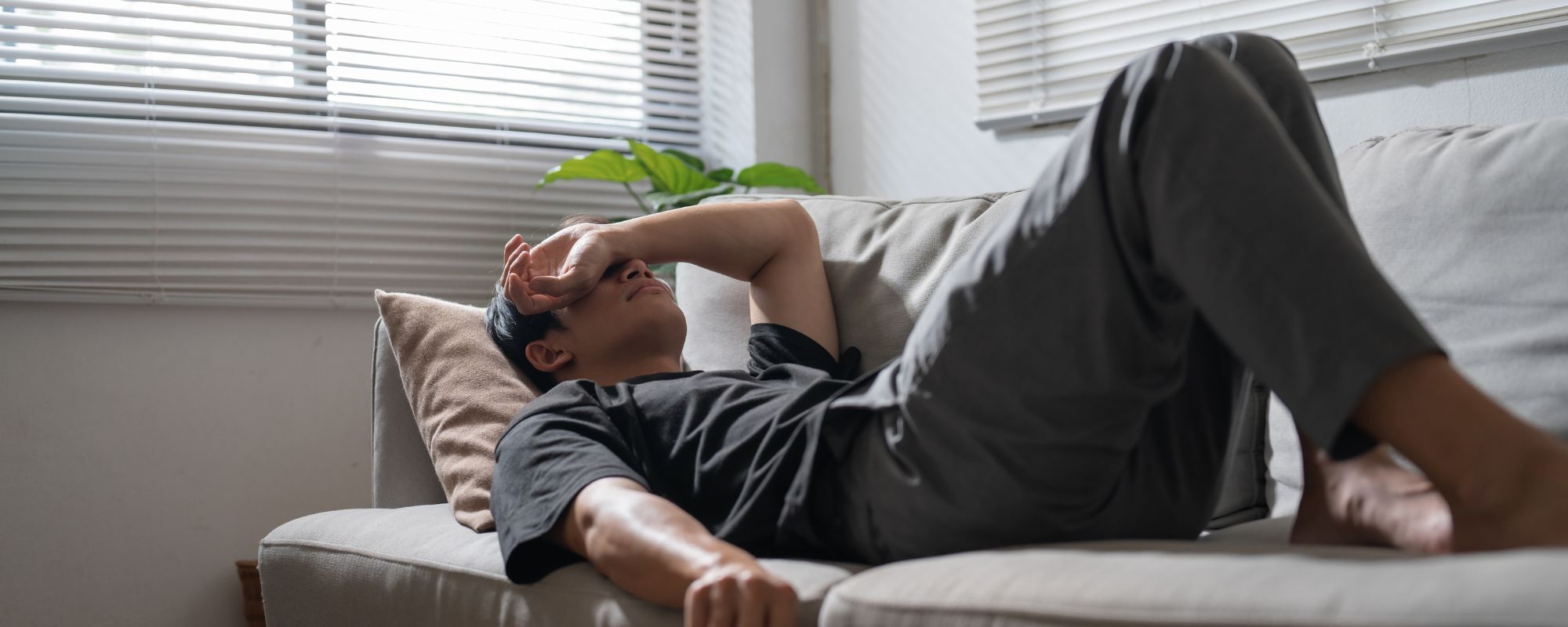Addiction treatment is marked by learning about the impact of your behaviors, learning how to make changes, and making those changes. Essentially, drug rehab is the time for you to make changes that allow you to rebuild a life rooted in happiness, health, and meaning in sobriety. Our goal at Royal Life Centers at Spokane Heights is to prepare each guest for a successful transition, back into independence with confidence in their ability to lead a successful, sober lifestyle.
The addiction treatment program or programs you attend are part of your recovery process, which is why it’s important to utilize your time and resources during drug rehab— make the most out of your time in our treatment programs. We know that sometimes, our guests are overwhelmed when they enter our treatment centers, which is why we offer guidance and support to help them get started on their new, life-changing path.
To help you even more, we put together a list of 10 things that you should be doing in drug rehab:
-
- Be open & honest
Upon arrival to our facilities, guests will be matched with a primary therapist and case manager, who they will work with through out their time with us. It is so important to be open and honest with these professionals, so that they know how to help you in the most effective way. The amount of work you get done during drug rehab treatment will depend on being open and honest, and your willingness. We see honesty and open-mindedness as being two pillars of recovery, you cannot fully recover unless you are fully open-minded and honest. The most important person to be open and honest with is yourself, the next most important is your therapist.
-
- Build a support system
One of the most significant things you can do for yourself during addiction treatment is building up a strong support system. A strong, sober support network will carry you through both treatment and recovery, being an endless source of support, guidance, advice, and understanding. You will find compassion and help from people who can relate to you, people in recovery who have also faced the same obstacles you may be going through. A strong support system is an invaluable resource; we cannot stress enough how important building a strong network is.
-
- Practice the new coping skills you will learn
During drug rehab, we will teach guests many new ways to cope and de-stress. Some of these ways are learned through our various intensive therapies, namely our behavioral therapies, activity and adventure therapies. Part of addiction recovery is identifying bad habits and replacing them with healthy habits. Some of the coping skills guests will learn, that they can immediately start practicing are: physical wellness activities, drawing, painting, sculpting, journaling, yoga, and meditation. All of these skills can provide you with an outlet for any stress or overwhelming emotions you may have. Practicing these coping skills are what is going to make them stick for future use.
-
- Keep a journal
We cannot recommend journaling enough. Not only is journaling a coping skill, but it is also a strategy for emotional exploration and self-discovery. Journaling will provide an outlet for moments of distress, and also provide material for reflection. You can learn so much about yourself, identify patterns of thoughts and behavior, understand your own emotions, etc. when you journal and look back on what you have written. Keeping a journal can help with so many things, like anything from releasing racing thoughts to goal-setting.
-
- Develop a routine
Build healthy habits into your day, and start making a routine! It is so helpful to build healthy habits like meditation, journaling, self-care, and exercise into your day-to-day living. Your overall health improves when you make time to practice things that contribute to personal and spiritual growth. We recommend practicing a morning meditation, followed by listing one achievable goal for the day after your morning self-care routine (brushing your teeth, washing your face, etc.) At night, we suggest you take time to do a night-time self-care routine after yoga or other exercise, and ending the night by journaling about your day or anything that’s on your mind. Making habits out of healthy activities will improve your overall health and make it easier to continue once you are done with treatment.
-
- Work a program of recovery
We recommend working a 12-step program of recovery, like Alcoholics Anonymous, Narcotics Anonymous, Gamblers Anonymous, etc. These 12-step programs of recovery follow 12 steps that a sponsor will take you through. A sponsor is essentially a mentor, who you choose to help you navigate addiction recovery. Your sponsor will become a valuable resource for you through out and after treatment. 12-step programs of recovery host 12-step meetings, which are widely available everywhere, even across the globe. These “meetings” are safe places for recovering addicts to meet, and share their experience, strength and hope with each other. You will be able to network and meet many sober supports to add to your overall support system at these meetings.
-
- Allow yourself to be uncomfortable
Through out life, you will need to be comfortable with being uncomfortable— this is especially true in addiction recovery. You should talk about things that are uncomfortable to talk about, you should breach topics that you never imagined wanting to share, you should welcome all of the emotions that you’ve wanted to avoid— all for the sake of getting better. You cannot overcome the things you avoid, and we find that from discomfort comes growth.
-
- Re-evaluate
During addiction treatment, you should be re-evaluating the current relationships you have. From this process, you should be prepared to end relationships that pose a threat to your recovery and your sobriety. Any toxic relationships, toxic friendships, and toxic people should be respectfully dropped. At this stage of recovery, you need to make sure that you are building a life conducive to recovery, which may mean that you stop communicating with those friends you used to use with, or that ex-boyfriend who calls you to get high out-of-the-blue, or your alcoholic uncle who doesn’t believe in addiction. These are just some examples, but be forewarned, sometimes family members are toxic— all people who put your sobriety in danger, you need to distance yourself from.
-
- Listen
This is by far the most underrated piece of advice. During drug rehab, you will receive advice from professionals that you probably don’t want to hear. It is your job to listen, and make your own judgements. We believe that if you are truly willing to recover, than your actions will display your willingness. We’re not saying that you need to take everyone’s advice, but don’t discount what other people are telling you because you don’t like the content of what they’re saying. Listening will allow you to heed multiple perspectives before you ultimately make your own choice.
-
- Ask
Recovering from addiction requires you to build a life that makes it easy for you not to use substances. This is going to be a new experience for you, and with all new experiences come questions. You should absolutely take the time to ask people around you (therapists, case manager, staff, sober supports, etc.) how to do something if you’re unsure. Ask for help, ask how they did it, ask what a sober life looks like. Ask away, the more clarity you gain, the better you will be able to navigate through recovery. In our drug rehab facilities, most of our staff members are in recovery also, with many years of sobriety under their belt— this makes our staff members a unique resource for you.
Our Treatment
Royal Life Centers at Spokane Heights is a nationally-accredited comprehensive addiction treatment provider. Our programs use proven effective methods of addiction treatment, and only the best practices. We offer treatment programs that are designed to follow guests through the stages of the recovery process, offering guidance and support each step of the way. Royal Life Centers offers treatment programs including: medical detox, a residential inpatient program, a partial hospitalization program (PHP), an intensive outpatient program (IOP), an outpatient program (OP), sober living and graduate housing. We also offer services for alumni and family members too.
Our addiction treatment provides intensive therapies, including: individual therapy sessions, group therapy, behavioral therapies, adventure therapy, activity therapy, and equine therapy. We give guests the tools they need to re-build happy, healthy, and meaningful lives in sobriety. We are dedicated to helping you get your life back, and offer comprehensive treatment programs that are designed to help you through the recovery process in stages that prepare you for independence. Our approach is holistic, as we focus on the mind, body, and spirit for a full recovery experience. If you or a loved one is seeking addiction treatment, please reach out to us.
Reach Out
If you or someone you know is struggling with an addiction, please reach out to our addiction specialists at (888) 907-0898. Our team makes themselves available to take your call 24 hours a day, 7 days a week. Because We Care.













